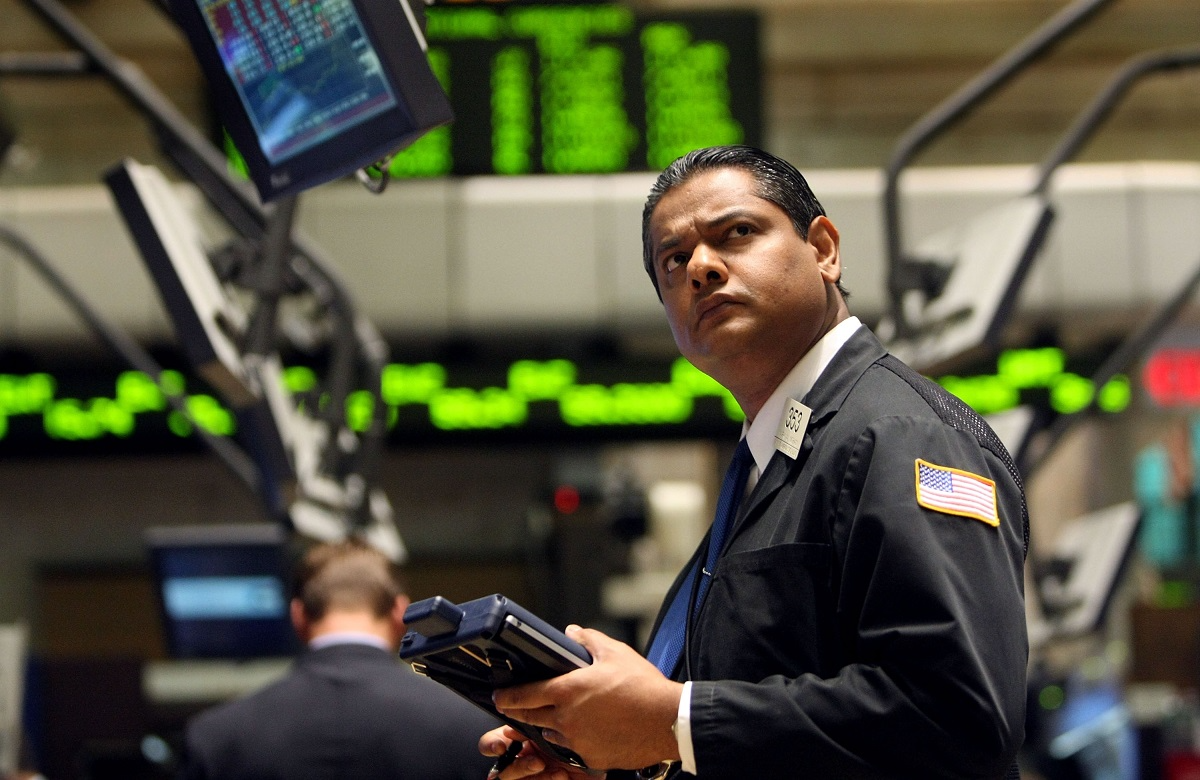The three best-performing stocks on the S&P 500 index over the past three years, as of June 30, are Palantir Technologies (PLTR +3.15%) with a 1,403% return; Super Micro Computer (SMCI +0.75%), 1,116%; and Nvidia (NVDA 0.53%), 943%. The S&P 500 returned 71.6% over this period.
Beyond all being artificial intelligence (AI) stocks, these three have one key commonality to which investors should give more attention: They're led by a founder-CEO.

Nvidia CEO Jensen Huang during his 2025 Consumer Electronics Show (CES) keynote address. Screenshot by author.
| Company | Founded | IPO* Year | Dates Led by a Founder |
|---|---|---|---|
| Palantir | 2003 | 2020** | Founding to present |
| Supermicro | 1993 | 2007 | Founding to present |
| Nvidia | 1993 | 1999 | Founding to present |
Data sources: Various company data. IPO = initial public offering. **Palantir had a direct listing rather than a traditional IPO.
Palantir stock's powerful performance has been driven by strong demand for the company's AI-powered software platforms for data analytics. The company sells to both government and commercial clients. Co-founder Alex Karp is its CEO.
Shares of Supermicro, as the company is commonly called, have had a super run-up thanks to robust demand for the company's servers optimized for AI applications. Founder Charles Liang is CEO.
Nvidia stock's stellar gains have been fueled by ferocious demand for the company's market-leading graphics processing unit (GPU) chips for training AI models and running AI applications. Co-founder Jensen Huang is CEO.
Studies show founder-led companies tend to outperform the market
It might not be just coincidental that the three biggest S&P stock winners over the last three years are all led by one of the company's founders. Studies show that founder-led companies tend to outperform the market over the long term.
This makes common sense. Nobody -- not even the most loyal, hardest working person -- is going to care as much about a company's success as its founders, or at least its founders that are still involved with the company. It's likely a lot of their ego is tied up in the success of their companies -- and that can be a powerful motivating force.
I recall Nvidia CEO Huang saying in an interview years ago that he was either working or thinking about work whenever he wasn't working.
And many of us have probably heard that Tesla (TSLA 4.47%) CEO Elon Musk has slept at the electric vehicle (EV) pioneer's factories during critical times, such as during retooling. (While Musk isn't technically a Tesla founder, he's legally considered one. For all intents and purposes, he's acted as a founder, as he joined the company in its early days and invested huge sums of money to keep it going.)

NASDAQ: PLTR
Key Data Points
Use the "founder-CEO advantage" to your advantage
There are many factors that make a stock a good investment, so I'm certainly not suggesting that folks only invest in founder-led companies. That would leave out a huge number of well-established companies that have succeeded over many decades or even over a century.
What I am suggesting is that you consider the question, "Is this company led by a founder?" when you're contemplating investing in a company that's young enough that it could have a founder-CEO. This factor would just be one consideration in your investing decision.
The "Magnificent Seven" were all led by a founder at some point
The "Magnificent Seven" are Big Tech companies that are widely considered the market's current leaders in driving technological innovation. Their stocks have all outperformed the market -- some have absolutely crushed it -- over the long term.
That all seven of them have had decent-length periods in which they were led by one of their founders lends support to the theory that founder-led companies tend to outperform over the long term.
A partner at Bain & Company, a top management consulting firms, wrote this on the topic in the Harvard Business Review: "[H]ow founders built their companies on the inside, from the start, influenced their companies' success on the outside, for a long time." [Emphasis mine.]
| Magnificent Seven Company | Founded | IPO* Year | Dates Led By a Founder |
|---|---|---|---|
| Apple (AAPL 1.72%) | 1976 | 1980 | 1997 to 2011 |
| Microsoft (MSFT +0.91%) | 1975 | 1986 | Founding to 2000 |
| Amazon (AMZN +3.43%) | 1994 | 1997 | Founding to 2021 |
| Nvidia | 1993 | 1999 | Founding to present |
| Alphabet (GOOG 1.21%) (GOOGL 1.07%) | 1998 | 2004 | Founding to 2001, and 2011 to 2015 |
| Tesla | 2003 | 2010 | 2008 to present** |
| Meta Platforms (META +0.30%) | 2004 | 2012 | Founding to present |
Data sources: Various company sources and Wikipedia. IPO = initial public offering. Listed in order of IPO date. **Tesla CEO Elon Musk was on the company's board and its chief product architect beginning in 2004 and a major early investor before becoming CEO in 2008.
Apple is unique among this group in that one of its founders -- Steve Jobs -- didn't become CEO for many years (about two decades) after the founding. But he led Apple during its most innovative period during which it released the iPod, iPhone, and iPad, and set the stage for the stock's strong, sustained run-up.
In short, studies show founder-led companies tend to outperform the market over the long term -- and investors should use this knowledge in their stock-picking.















